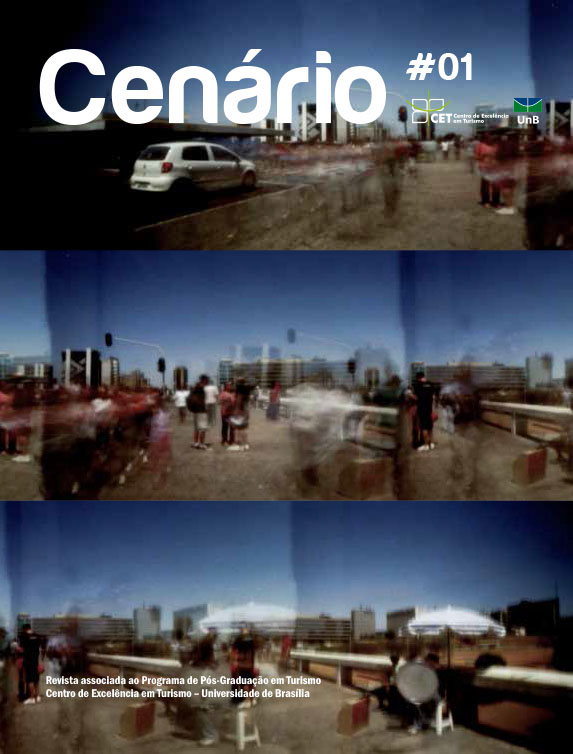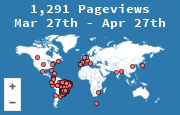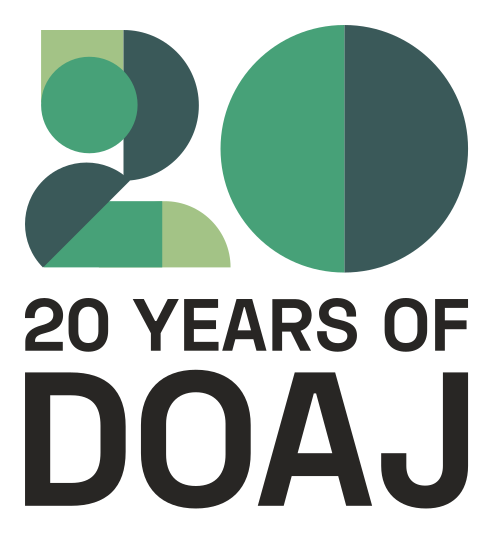The experience and the place of reason in the origin of knowledge of tourism
DOI:
https://doi.org/10.26512/revistacenario.v1i1.15206Keywords:
Turismo.Abstract
This article deals with on the material and conceptual dominion of the tourism- thesis, object of science, by means of the knowledge systematized by authors of the area and official organisms of world-wide character. It analyzes the fragility of these theories of empirical induction, and the positivism attitude where it happens an explicit subordination of the imaginary one by the observation of the fact. Rebuilding the internal epistemology establishing a critic to the dominion conceptual-antithesis, the methods and foundations used in the education of the tourism as a disciplinary field: the empirical, the functionalism and the systemic. It supported in the comprehensive sociology of Michel Maffesoli and in the theory of the complexity of Edgar Morin, trying the construction of a interdisciplinary tourism knowledge including its complexity. The new synthesis is taken by the analysis of the derived epistemology, where the subject/object relationship is reconstructed by organic and complex forms, settling down the dominion of the psychogenesis and the socyogenesis of the tourist knowledge, recovering the human values in the scientific speech of the tourism.
Downloads
References
BENI, Mário Carlos. Análise estrutural do turismo. São Paulo: SENAC, 1998.
DEMO, Pedro. Metodologia científica em ciências sociais. São Paulo: Atlas, 1995.
FOUREZ, Gerard. A construção das ciências: Introdução à filosofia e à ética das ciên-cias. São Paulo: Editora Unesp, 1997.
HAMBURGER, Jean. Filosofias e Ciências Hoje. Lisboa: Fragmentos, 1988.
JAFARI, Jafar. La cientifizacion del turismo. Estudios y Perspectivas en Turismo. Bue-nos Aires, v. 3, n. 1, p. 7-36, 1994.
MAFFESOLI, Michel. A contemplação do mundo. Porto Alegre, Artes e Ofício, 1995.
______. Sobre o nomadismo: Vagabundagens pós-modernas. Rio de Janeiro: Record, 2001.
______. O tempo das tribos ”“ O declínio do individualismo nas sociedades de mas-sa. Rio de Janeiro: Forense, 1994.
MOESCH, Marutschka Martini. A produção do saber turístico. São Paulo: Contexto, 2002.
MORIN, Edgar. Introducción al pensamiento complejo. Espanha: Gedisa, 2001.
______. O método 3. O conhecimento do conhecimento. Porto Alegre: Sulina,1999.
______. Ciência com consciência. Rio de Janeiro: Bertrand, 2001, 5ª ed.
ORGANIZAÇÃO MUNDIAL DE TURISMO (OMT). Introducción al turismo. Madrid: jun. 1998.
______. Turismo: horizonte 2020 Nuevas Previsions de la Organización Mundial del Turismo. Madrid, 1998.
PIAGET, Jean. A epistemologia genética. Sabedoria e Ilusões de filosofia. Problemas de Psicologia genética. São Paulo: Abril Cultural, 1983.
SANTOS, Boaventura de Sousa. Um discurso sobre a ciência. São Paulo: Cortez, 2009, 6ª ed.
TRIBE, Jonh. The indiscipline of Tourism. Annals of tourism research. Great Britain Pergamon, v. 24, n. 4, p. 638-657, 1997.
Downloads
Published
How to Cite
Issue
Section
License
Copyright (c) 2013 Cenário: Revista Interdisciplinar em Turismo e Território

This work is licensed under a Creative Commons Attribution-NonCommercial-NoDerivatives 4.0 International License.
1. Proposta de Política para Periódicos de Acesso Livre
Autores que publicam nesta revista concordam com os seguintes termos:
Autores mantém os direitos autorais e concedem a revista o direito de primeira publicação, sendo o trabalho simultaneamente licenciado sob a Creative Commons Attribution License o que permite o compartilhamento do trabalho com reconhecimento da autoria do trabalho e publicação inicial nesta revista.
A contribuição é original e inédita, e não está sendo avaliada para publicação por outra revista.
Autores cedem os direitos de autor do trabalho que ora apresentam a apreciação do Conselho Editorial da Revista Cenário, que poderá veicular o artigo na Revista Cenário e em bases de dados públicas e privadas, no Brasil e no exterior.
Autores declaram que são integralmente responsáveis pela totalidade do conteúdo da contribuição que ora submetem ao Conselho Editorial da Revista Cenário.
Autores declaram que não há conflito de interesse que possa interferir na imparcialidade dos trabalhos científico apresentados ao Conselho Editorial da Revista Cenário.
Autores têm autorização para assumir contratos adicionais separadamente, para distribuição não-exclusiva da versão do trabalho publicada nesta revista (ex.: publicar em repositório institucional ou como capítulo de livro), com reconhecimento de autoria e publicação inicial nesta revista.
Autores têm permissão e são estimulados a publicar e distribuir seu trabalho online (ex.: em repositórios institucionais ou na sua página pessoal) a qualquer ponto antes ou durante o processo editorial, já que isso pode gerar alterações produtivas, bem como aumentar o impacto e a citação do trabalho publicado.











